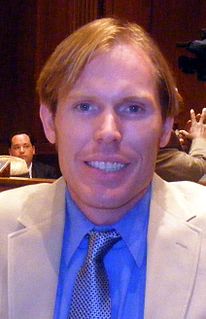A Quote by Steve Allen
To the extent that there is anything properly identifiable as dignity in our society today, our present writers of comedy would be inclined to treat it as a proper object of ridicule.
Related Quotes
The object of a comedy is not to correct morals or ridicule the vices of society; no, a comedy should depict the discrepancies between life and purpose, should be the fruit of bitter indignation aroused by the degradation of human dignity, should be sarcasm, and not an epigram, convulsive laughter and not an amused grin, should be written with bile and not diluted salt, in a word, it should embrace life in its highest significance.
As long as our people, youth, businesses and individuals engage the issues of the day civilly in our democracy, and treat their fellow Singaporeans and foreigners within our midst with dignity and empathy, and endeavor for a more caring society, the best years of Singapore, a Singapore for all, are ahead of us.
We have to hear the stories of women at all ages of their lives in order to really present a picture of what it felt like to be alive in our time. That's what our job is as writers is to present that and create it. Our job as writers isn't to make as much money as we can. Our job is to create a record of this time. That's why if you leave out women and the stories of women, we failed at our mission. All of us. Men and women.
The biblical writers didn't need to say everything; they could assume some things. They didn't anticipate a day when even Jews and Christians would fall under influences of non-biblical religions, philosophies, and worldviews, to the extent that is now the case in our pluralistic culture and society.
Today the crime novelist has one advantage denied to writers of 'straight' or 'literary' novels. Unlike them he can range over all levels of society, for crime can easily breach the barriers that exist in our stratified society. Because of these barriers the modern literary novel, unlike its 19th-century predecessors, is often confined to the horizontal, dealing only with one class. But crime runs through society from top to bottom, and so the crime novelist can present a fuller picture of the way we live now.
We don’t go further than what Marx called the exchange value of the actual object - we don’t think about the relations that that object embodies - and were important to the production of that object whether it’s our food or our clothes or our I-pads or all the materials we use to acquire an education at an institution like this. That would really be revolutionary to develop a habit of imagining the human relations and non human relations behind all of the objects that constitute our environment.



































